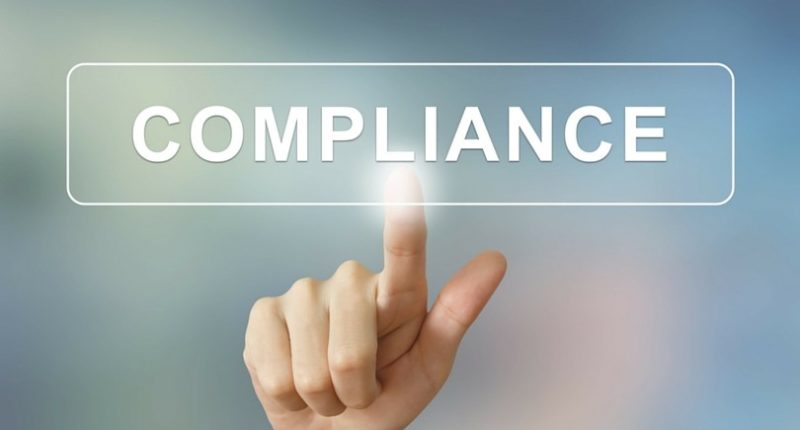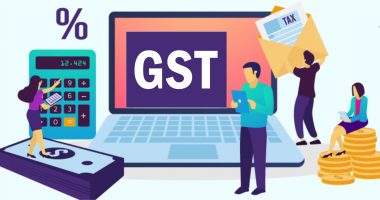GST taxpayers migrated from the previous indirect tax regime will soon be able to revise their goods and services tax (GST) returns for correcting any wrongful reporting of the input tax credit brought forward from the VAT regime.
The move will cover any non-technical errors too. The forms TRAN-1 and TRAN-2, specified for claiming past credits, may be amended soon to allow for this.
The GST Council has recently ordered a committee for redressal of information technology (IT) grievances and to come up with a resolution that will give relief to the taxpayers. An ideal process will be announced by the grievance committee for all such cases where the high courts have given a direction regarding the amount that is wrongly reported or where the concerned jurisdictional commissioner has made a recommendation.
“The council has approved making changes to the returns in cases where the error is not IT-related,” quoted a government official to Economic Times. Aware of the ongoing deliberations, the official further added that errors apparent on record or those for which High courts have issued directions need to be settled soon.
The directions come in the backdrop of denial of thousands of crores of the input tax credit claimed by businesses due to errors in the filing of returns, leaving many firms to hope for a respite from the Judiciary.
The GST law does not provide for an appeal on issues related to TRAN-1 or TRAN-2, and thus many taxpayers filed writs in the high court, securing favourable orders that the government should consider bona fide errors. Many took to lobbying the government and the GST Council to allow amendments in the returns.
An expert quoted “Lot of companies could not report and claim the entire eligible opening credit under TRAN-1 due to accidental errors. This move will help in eliminating the need for approaching the courts.”
Businesses wanting to claim the tax credit of the pre-GST period under GST could file TRAN-1. The government had allowed revision of TRAN-1 until December 27, 2017. However, many businesses missed doing so and ended up losing a significant amount of transitional credits, even for typographical errors.
The GST Council had allowed a radical scheme for claiming GST input tax credit replacing the taxes that were paid under the erstwhile regime. Businesses could still claim credit even if they did not have the payment proof as per the deemed benefit provision. But a large transition credit claims pulled down overall GST collections, making authorities leery and thus increase the vigilance. Any changes to the TRAN-1 were therefore not permissible on non-IT issues.
The reports of fraudulent credit claims also led to inquiries into the authenticity of the transitional credits claimed by firms to find out genuineness.
“The transition credits have been challenging for all businesses, and the IT grievance redressal committee must ideally be taking into account all issues for the entire period instead of a sunset period. They must clarify genuine errors, whether arising from the GSTN portal issues or committed by the taxpayers would be condoned unless there is mala fide intent,” said another GST expert.
Annapoorna, popularly known as Anna, is an aspiring Chartered Accountant with a flair for GST. She spends most of her day Singing hymns to the tune of jee-es-tee! Well, not most of her day, just now and then.




